The History Behind the Romantic Rose: A Timeless Symbol of Love
Roses are widely hailed as the timeless emblem of love, gracing floral bouquets on various occasions such as Valentine’s Day, anniversaries, birthdays, and even in more somber settings like funerals. These delicate blooms symbolize affection, passion, and reverence, embodying sentiments of both joyous celebrations and solemn farewells. Whether adorning a wedding altar with a vibrant rose bouquet or offering solace at a funeral service with a solemn rose casket spray, a single rose speaks volumes of beauty, love, and enduring romance.

Origins and Early Cultivation
The origins of rose cultivation trace back to ancient civilizations, where these exquisite flowers held profound symbolic and practical significance. Dating back to ancient Egypt, roses were revered for their beauty and fragrance. The Egyptians utilized roses in various rituals, including ceremonies honoring their gods and adorning tombs of the deceased. In ancient Greece, roses were associated with Aphrodite, the goddess of love, beauty, and fertility. Greek mythology tells tales of roses blooming from the blood of Adonis and being woven into crowns for ceremonies. Similarly, the Romans incorporated roses into their culture, using them for decoration, perfumes, and medicinal purposes. Roses adorned banquet halls, festivals, and triumphal processions, symbolizing love, luxury, and secrecy. Across these early civilizations, roses embodied themes of love, beauty, and spirituality, transcending time to become enduring symbols of human emotion and connection.
Medieval and Renaissance Symbolism
During the medieval and Renaissance periods in Europe, roses continued to hold immense symbolic importance, permeating various aspects of society from art to literature and heraldry. Roses were often associated with themes of love, purity, and virtue, making them popular motifs in religious and secular contexts alike. In medieval art and literature, the rose frequently symbolized the Virgin Mary, embodying qualities of beauty and divine love. Furthermore, roses adorned coats of arms and banners, representing noble lineages and virtues such as courage and loyalty. The emergence of rose gardens in monasteries and noble estates further solidified the rose's significance, as these gardens became spaces for contemplation, meditation, and aesthetic pleasure. Monasteries cultivated roses for their medicinal properties and spiritual symbolism, while noble estates showcased elaborate rose gardens as a display of wealth and refinement. Through their pervasive presence in medieval and Renaissance culture, roses transcended mere botanical specimens to become enduring symbols of beauty, virtue, and spiritual significance.

Modern Day Cultivation and History
In the realm of modern rose cultivation and industry, we witness a dynamic blend of tradition and innovation, shaping the way roses are grown, marketed, and utilized in contemporary society. The evolution of cultivation techniques has revolutionized the commercial rose production, enabling growers to meet the demands of a global market. With advancements in breeding and propagation methods, we've seen the emergence of disease-resistant varieties, extended blooming seasons, and a diverse array of colors and forms.
However, alongside the traditional fresh cut roses, preserved roses have gained significant popularity in modern-day decor and floral arrangements. These preserved roses undergo a meticulous process to maintain their natural beauty and texture for an extended period, making them ideal for long-lasting displays in homes, offices, and events. Their ability to retain their elegance and fragrance adds a touch of sophistication to any space, offering a sustainable alternative to fresh flowers.

JMJ Flowers Premium Preserved Rose Globe
Furthermore, while fresh roses remain a staple in modern floral arrangements for weddings and funeral tributes, there's a growing trend towards incorporating preserved roses for their longevity and versatility. Whether adorning bridal bouquets, centerpieces, or sympathy wreaths, preserved roses offer endless possibilities for creative expression while honoring the timeless symbolism and beauty of the rose.
Embrace the Timeless Beauty and Significance of Roses
The history and significance of roses span millennia, from their origins in ancient civilizations to their enduring presence in modern culture. Throughout history, roses have been revered for their beauty, fragrance, and symbolic richness, serving as expressions of love, passion, and remembrance across diverse cultures and traditions. From medieval gardens to contemporary floral arrangements, roses continue to captivate our senses and evoke profound emotions. As we reflect on their timeless beauty and cultural significance, let us appreciate the intricate craftsmanship of rose cultivation, the delicate artistry of floral design, and the profound impact these iconic flowers have on our lives. Whether adorning a wedding bouquet, decorating a room, or offering solace in times of grief, roses remind us of the enduring power of nature's beauty and the universal language of love and connection. Let us embrace the beauty of roses and celebrate their timeless allure, enriching our lives and our world with their presence.




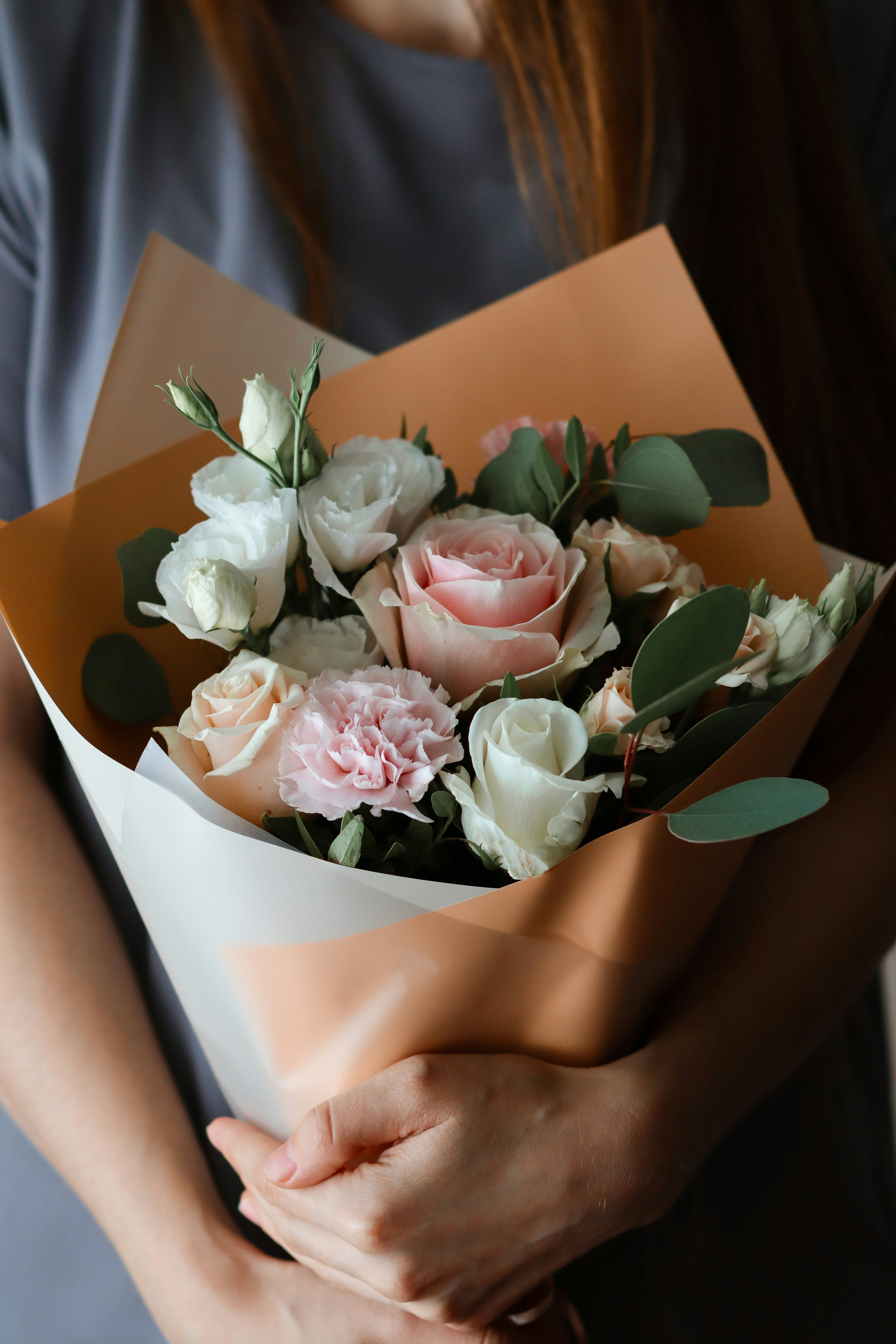
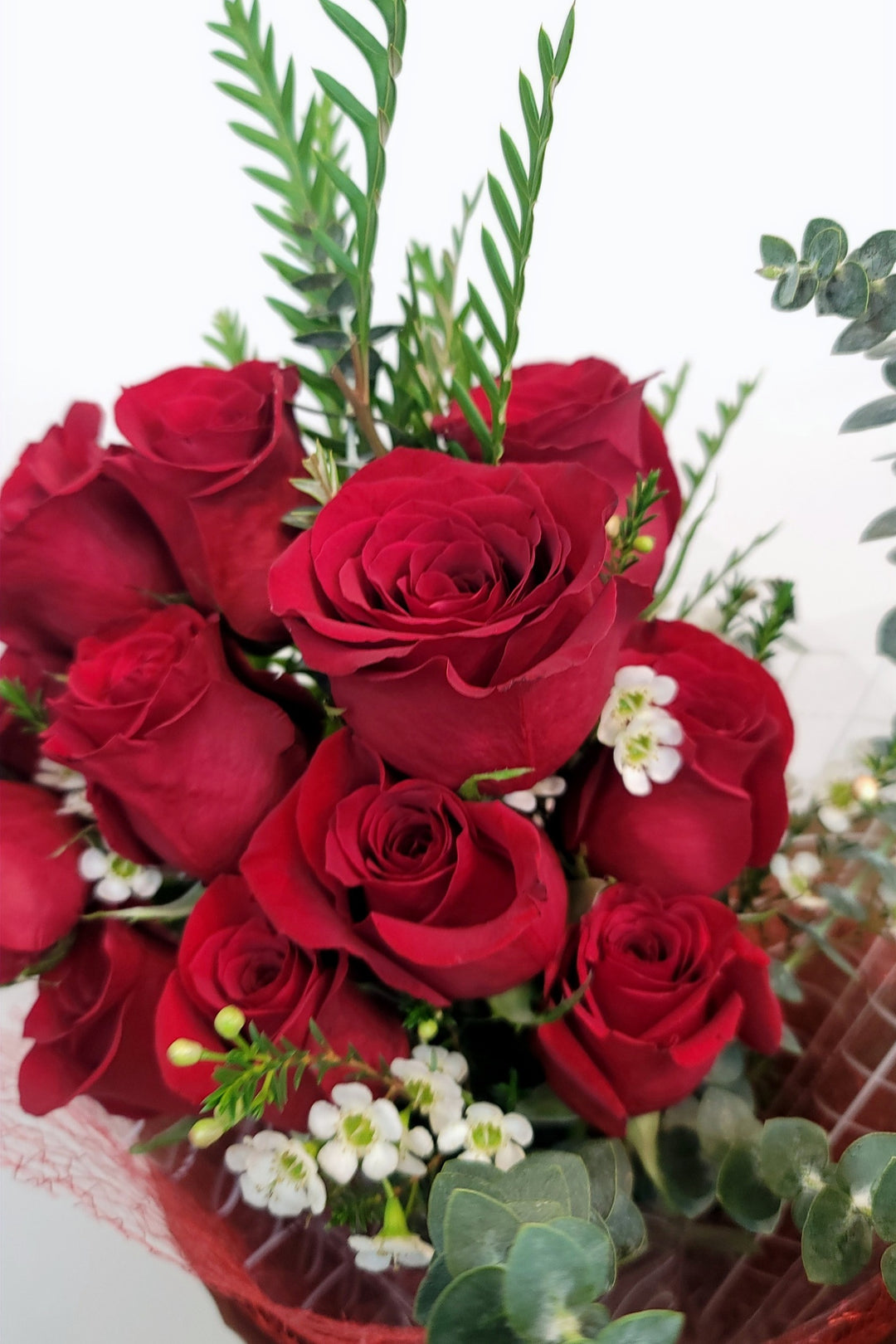
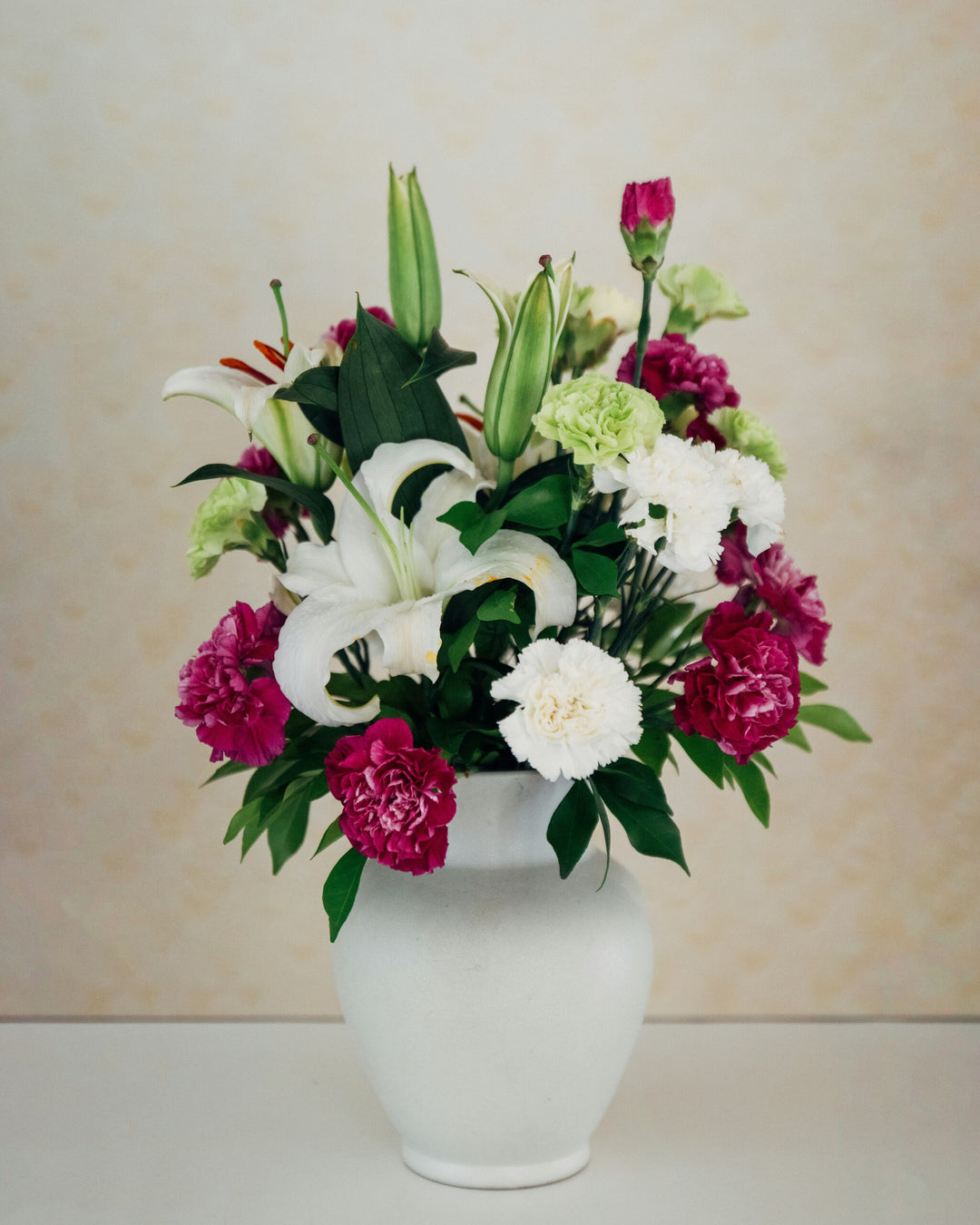
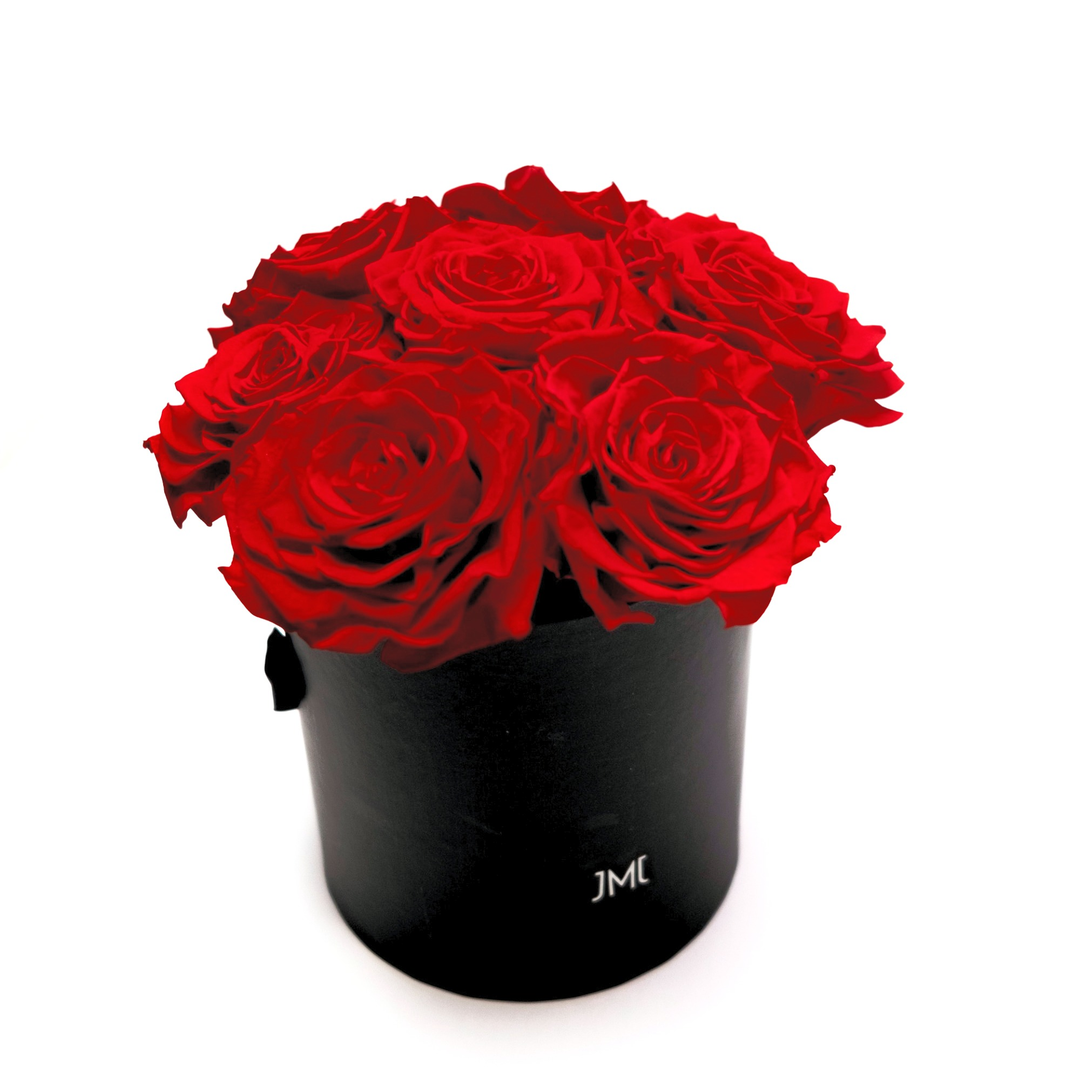
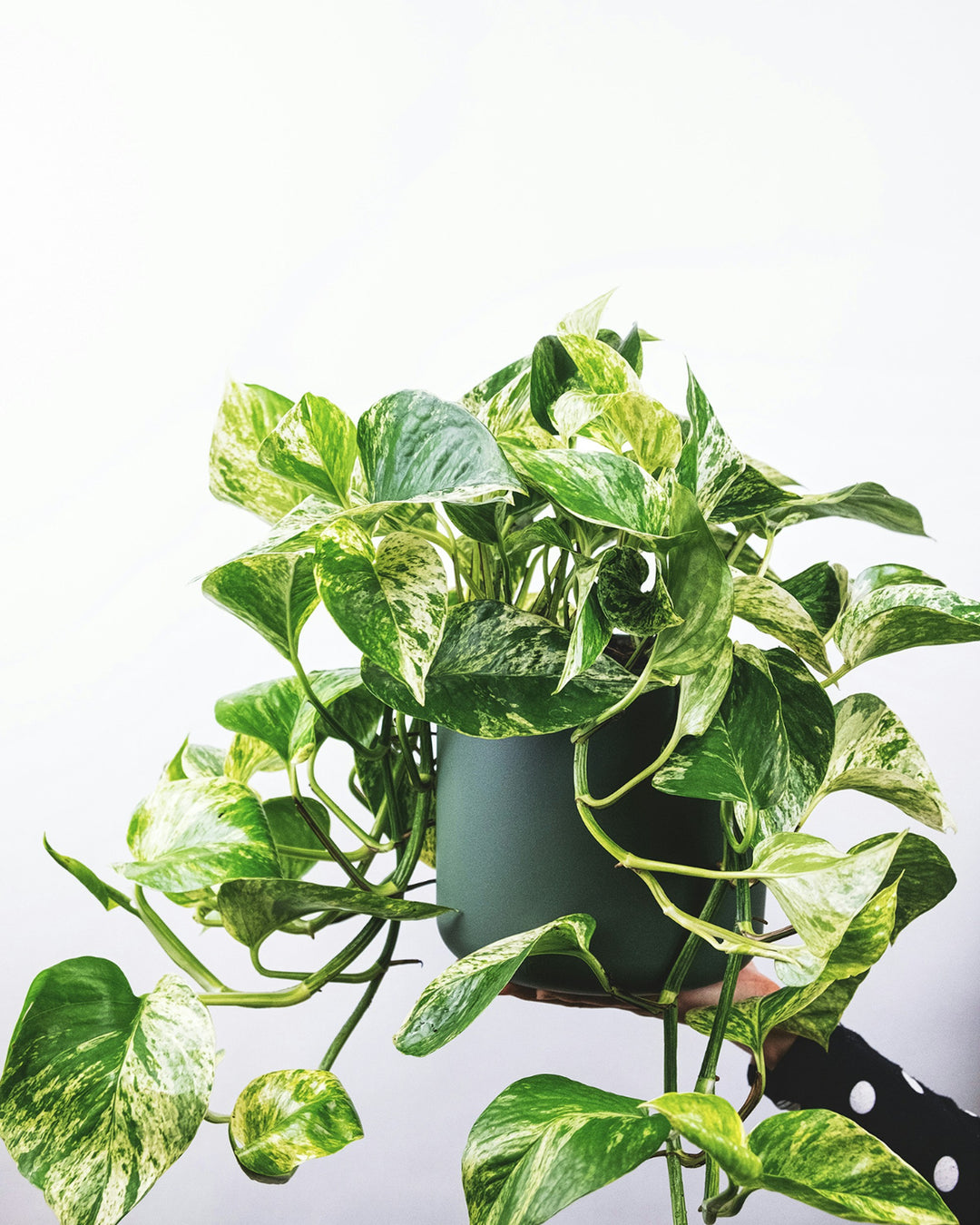

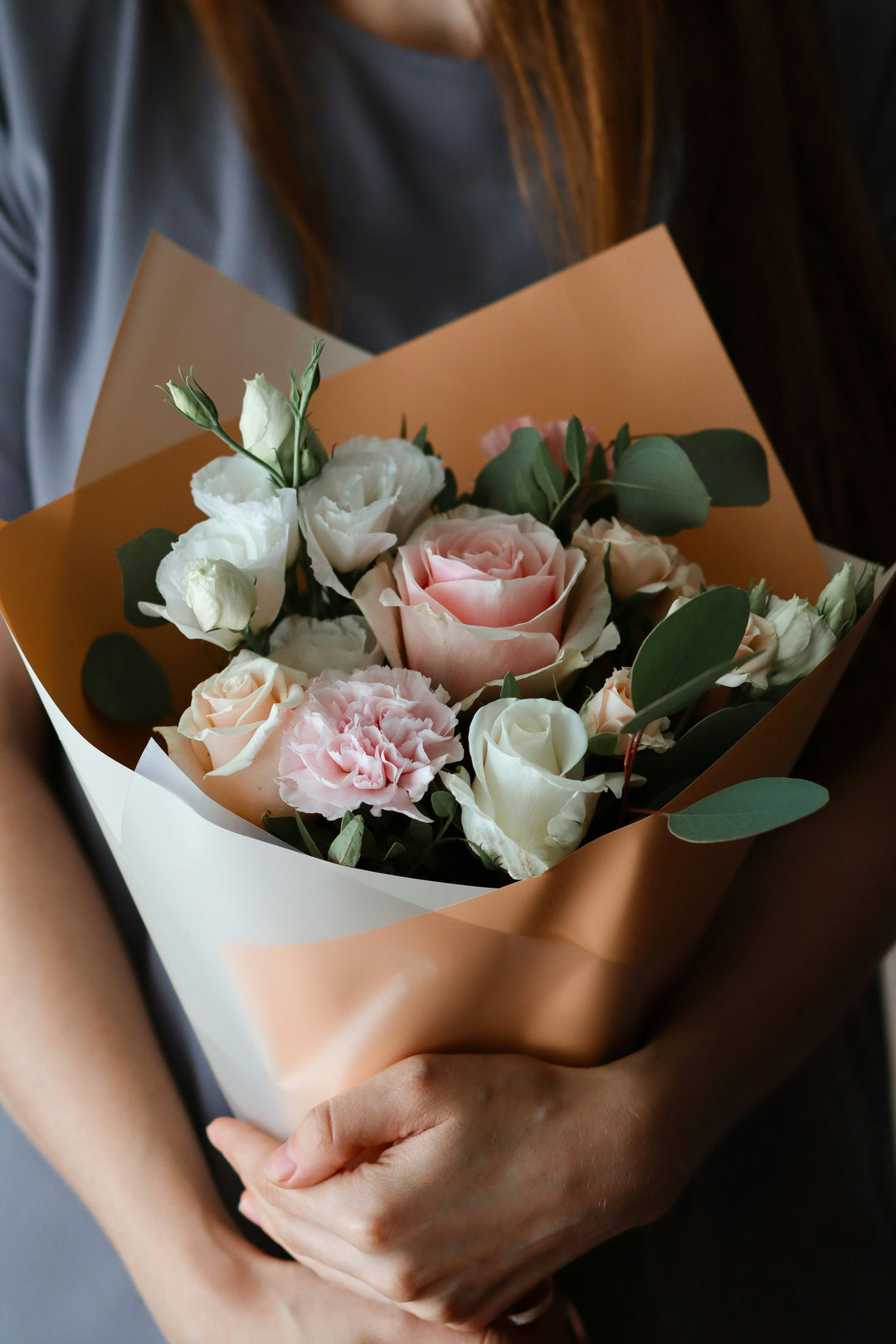
Leave a comment